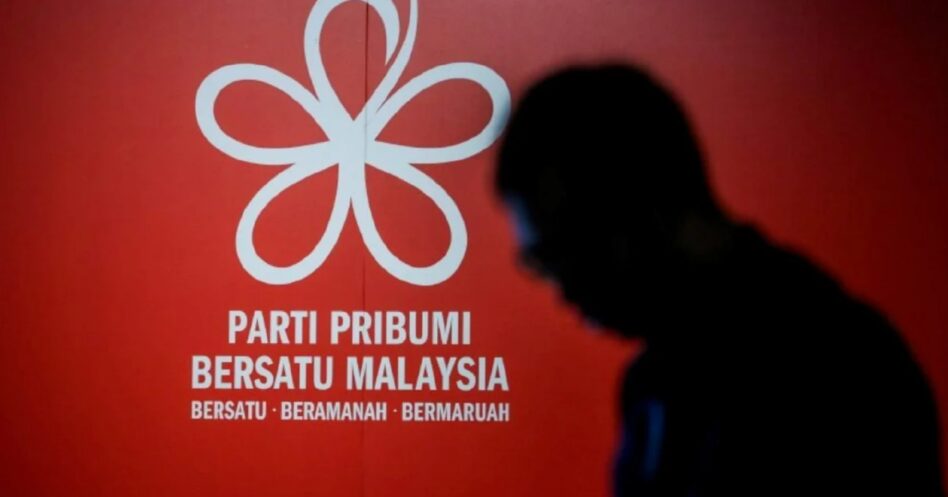The Home Ownership Campaign (HOC) 2019 saw some RM23.2 bil worth of houses sold, surpassing the initial target of RM17 bil. Based on such encouraging take-up figures, the government would want to spur the property market this year.
The government recently announced that it is bringing back the HOC as one of the initiatives under the Short-Term Economic Recovery Plan (Penjana) announced on June 5.
However, it would be foolhardy to expect similar numbers to be achieved, given that many people are still reeling from the impact of the Covid-19 pandemic.
Unemployment numbers are on the rise and many who are not laid-off will probably see some cut in salary.
Banks on the other hand are likely to tighten their lending policies and homebuyers might face difficulties in getting their desired borrowing margin. Will the HOC 2020 do the trick in boosting the property market?
“We may see a boost in the property market but to what degree – it would depend on other factors as well,” Rahim & Co International Sdn Bhd executive chairman Tan Sri Abdul Rahim Abdul Rahman told FocusM.
“We have to remember that the incentives introduced under Penjana are made with the pandemic still at large, though thankfully, it seems to be improving for now.
“If the pandemic never took place, the market which is already faced with various challenges may see some positive movements. But with the pandemic forcing movement restrictions and putting so many businesses under so much pressure, it affects the market’s confidence level of their own job security and income security.
“But the incentives do give that ‘feel good factor’. We do see some who have started to think of buying with a genuine expectation of prices picking up in the not-so-distant future. Market confidence is important and will do good for the property sector, but do be cautious, as things might still take another unexpected turn,” he said.
According to Knight Frank Malaysia managing director Sarkunan Subramaniam, the reintroduction of the HOC is expected to kickstart the primary housing market moving into the second half of 2020 and beyond.
“With developers generally focusing on clearing existing stock and holding back new property launches at this moment, the return of the HOC will likely act as an immediate catalyst to address the current property overhang and help in easing cash-flow worries for the developers.”
Meanwhile, Abdul Rahim added that people are cautious about non-performing loan (NPL) levels especially after three to six months post-moratorium period.
However, he expects there could be a potential for bargain buys, if the economy and income recovery continue to be lagging.
The initiatives introduced by the government are much welcomed but should it help devising measures to ease property loan for buyers? Abdul Rahim does not think the government should make mortgage loans any easier to obtain – but neither should they make it harder.
“As much as home ownership or property investment is enticing when faced with attractive bargain deals, committing to a new mortgage plan is the last thing someone needs to do while facing possible unemployment or worsening financial situations.
“The one thing we want to avoid from happening is a ‘subprime’-like situation which would also fall down to Bank Negara to continue monitoring the market and prescribing refined responsible financial guidelines that protects the integrity of the financial system but also allows genuine credit-worthy borrowers to have access to finance.
“With that being said, as buyers collectively do have that bit of ‘herd mentality’, we expect those who have been prepared and have firmer financial standing that is still intact, could make use of the restriction removal of 70% loan-to-value margin for third residential properties priced above RM600,000.
“There were financially-intact borrowers in the past who could afford the cash flow but were unable to secure 90% loans who now would be looking into buying again. We hope that financial institutions would continue to be prudent but fair to eligible borrowers so that prices will not be spiralling up unsustainably in the future and, more importantly, mitigate the risk of NPLs.”
While banks play an important role in helping people own a house, should developers lower their selling prices to entice more buyers?
According to Abdul Rahim, in a market where price affordability and overhang stock heavily influence the buying sentiment and it being still a buyer’s market, developers are competing against each other on who can offer the best deal.
“But as we are undergoing an economic recession whereby buyers are tightening their belts even more than usual, affordable selling prices would catch the eye first, as in the end, it is the buyer’s financial capability and disposable income levels that seal the mortgage deal regardless of how good of the unit quality can be.
“With the announcement of the HOC making a return in 2020, developers are expected to take the opportunity to participate and enjoy the added benefit of selected stamp duty exemptions which, theoretically, make the overall house prices to be attractively lower.
“But the question remains: is it genuinely affordable or artificially affordable – for which, at present, there is still a gap between house prices and income levels that needs to be addressed,” he said.
Under the HOC 2020, which is effective from June 1, 2020 until May 31, 2021, stamp duty exemption will be provided on the instruments of transfer and loan agreement for the purchase of residential units priced between RM300,000 and RM2.5 mil, and limited to the first RM1 mil of the home purchase price.
There is also the exemption of Real Property Gains Tax (RPGT) for disposal of residential units between June 1, 2020 and Dec 31, 2021 and limited to three units per individual.
However, as a result of the exemption of the RPGT, will this cause the secondary market to deteriorate as more people are expected to liquidate their assets, with supply outstripping the demand?
“The exemption of RPGT this time round gives a bigger push for owners to sell, rather than buyers to buy. This would mean it links up more to the secondary market rather than new houses by developers,” Abdul Rahim said.
“Traditionally, RPGT reduction or exemption contributes to market growth, but such adjustments to RPGT in the past are coupled with other incentives. In 2009, when RPGT was exempted, Developer Interest Bearing Scheme (DIBS) was also introduced, and at the time, bank lending guidelines were more relaxed.
“Furthermore, there was a longer period for the market to react to RPGT exemption without the overarching influence of this pandemic. But this time, the exemption is for 18 months during which the ease of interaction in the traditional form is disrupted. The new form of marketing communication and interaction through technology will be key to spurring market activities,” he explained.
Abdul Rahim added that due to the time frame of disposal of 1½ years till the end of next year, the provision would relate mainly to house buyers who have already bought a house and are thinking of selling off their residential property, ie within the secondary market.
“We do not think it will go to the point of deterioration as the focus would be more on property owners who already have thought of cashing out on their properties that have been bought for some time that have organically matured in price.
“The RPGT exemption would benefit both sellers who do not need to fork out an additional property gains tax as well as buyers who can expect some discounts resulting from owners’ willingness to pass down the RPGT exemption benefits in making the selling price more affordable,” he said.
Sarkunan believes the exemption of RPGT will provide further traction to the secondary housing market.
“While concerns on property speculation may rise, with the short window period of exemption, it helps to provide added financial relief to individuals who need to liquidate their assets during this trying time.
“We are also positive on the comeback of certain categories of qualified investors to the property market with the uplifting of margin of financing limit for the third housing loan onwards for property valued at RM600,000 and above during the revived period of the HOC campaign,” he said. – June 12, 2020









